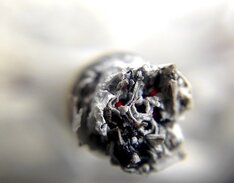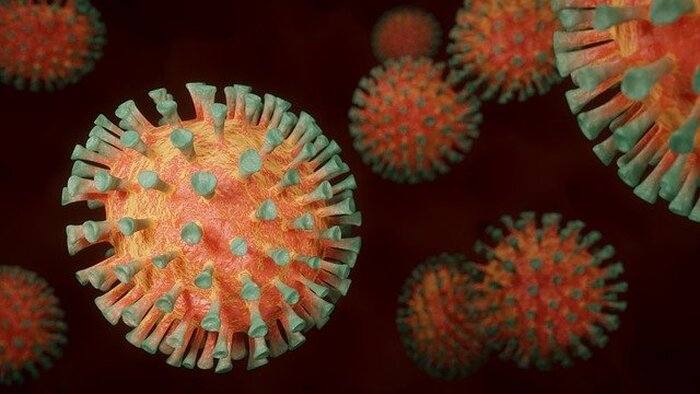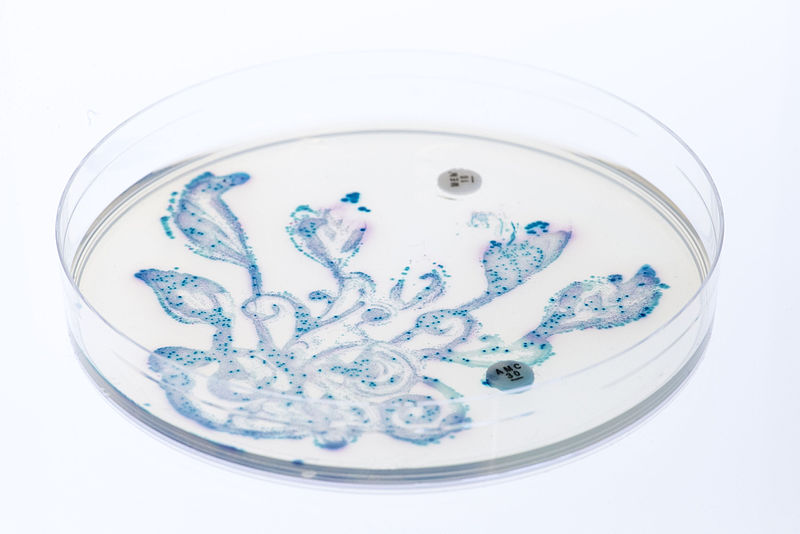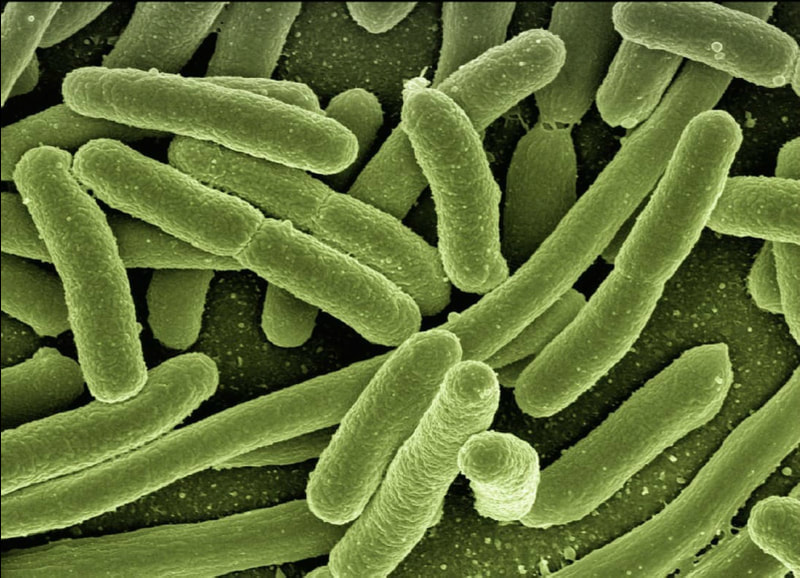Understanding the Effect Of Cigarette Smoke on COVID-19
Due to the onset of the COVID-19 pandemic, it has become abundantly clear to the broader public that science takes time and is constantly evolving and adapting to the challenges it faces. Society waited for a more complete understanding of the SARS-CoV-2 virus (which causes COVID-19) and waited even longer for the development of an effective vaccine. Now, as scientists and researchers work with an improved understanding of COVID-19, new discoveries that fill crucial gaps in knowledge are becoming possible. One such discovery from a recent study at the University of California, Los Angeles (UCLA) sought to fill an important gap in knowledge by clarifying the relationship between cigarette smoke and COVID-19 infection.
Due to the widespread prevalence of smoking in the United States and around the world as well as COVID-19’s targeting of the respiratory system, the UCLA researchers understood how a combination of these factors could potentially threaten the health of those affected. To further examine this correlation, they designed an experiment with a vital component: nonsmoker airway basal stem cells, a mini replica of the environment SARS-CoV-2 interacts with inside the body, which could be used to test a variety of possible situations. Using these nonsmoker airway basal stem cells, or ABSCs, the researchers were able to simulate a model of the human respiratory system and observe key changes when cigarette smoke and SARS-CoV-2 were introduced.
The experiment had three major findings. The researchers observed that when cigarette smoke was coupled with SARS-CoV-2, more airway cells were infected compared to when no cigarette smoke was present. Secondly, they noticed that SARS-CoV-2 caused a decline in airway basal stem cells. They also saw that cigarette smoke reduced the innate immune response to SARS-CoV-2 within the ABSCs.
Due to the widespread prevalence of smoking in the United States and around the world as well as COVID-19’s targeting of the respiratory system, the UCLA researchers understood how a combination of these factors could potentially threaten the health of those affected. To further examine this correlation, they designed an experiment with a vital component: nonsmoker airway basal stem cells, a mini replica of the environment SARS-CoV-2 interacts with inside the body, which could be used to test a variety of possible situations. Using these nonsmoker airway basal stem cells, or ABSCs, the researchers were able to simulate a model of the human respiratory system and observe key changes when cigarette smoke and SARS-CoV-2 were introduced.
The experiment had three major findings. The researchers observed that when cigarette smoke was coupled with SARS-CoV-2, more airway cells were infected compared to when no cigarette smoke was present. Secondly, they noticed that SARS-CoV-2 caused a decline in airway basal stem cells. They also saw that cigarette smoke reduced the innate immune response to SARS-CoV-2 within the ABSCs.
Image Source: BlenderTimer
So what does all of this mean? To begin, the increase in the number of cells infected with SARS-CoV-2 as a result of cigarette smoke exposure has the potential to increase infection severity. ABSCs are crucial components within the respiratory system as they facilitate the repair of damaged cells and proper functioning of tissues. The observed decrease in the number of ABSCs due to the presence of SARS-CoV-2 will prevent the repair response guided by these stem cells from occurring, thus possibly increasing the severity of the infection. Finally, one of the most important parts of the innate immune response to viral infection is carried out by interferons. Interferons are proteins that help increase antiviral response, and as a result, are a good indicator of the immune response within the body. The researchers noted an increased interferon response when only SARS-CoV-2 was introduced, but a lower interferon response in the combined presence of cigarette smoke and the infection. They concluded that the reduced immune response as a result of cigarette smoke is potentially responsible for the increased severity of infection when both cigarette smoke and SARS-CoV-2 were introduced into the system.
Inherent to science is the idea of constantly improving what came before. Although this study was limited by access to human cell tissue that could be cultured (only five sets of tissue were used), its findings, while preliminary, underscore the importance of public health warnings about the dangerous relationship between smoking and severe cases of COVID-19.
Inherent to science is the idea of constantly improving what came before. Although this study was limited by access to human cell tissue that could be cultured (only five sets of tissue were used), its findings, while preliminary, underscore the importance of public health warnings about the dangerous relationship between smoking and severe cases of COVID-19.
Featured Image Source: Shutterbug75
RELATED ARTICLES
|
Vertical Divider
|
Vertical Divider
|
Vertical Divider
|






